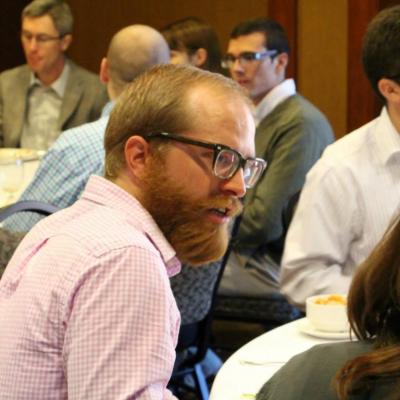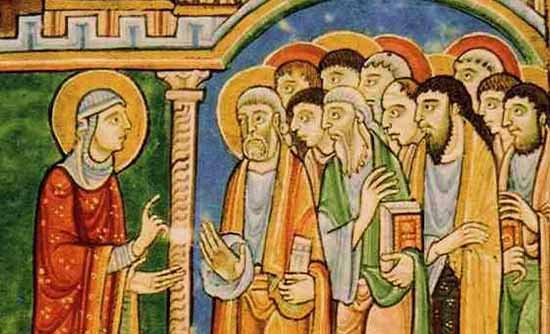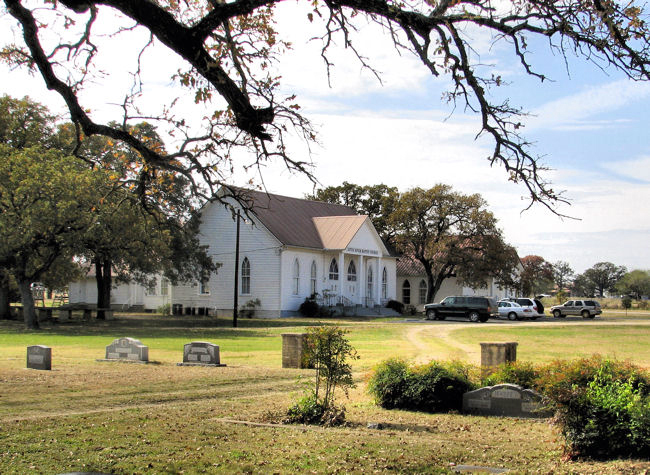Scamming for God? The Tale of (Another) Huckster Preacher Kirbyjon Caldwell
Today I am pleased to welcome Jonathan Root to The Anxious Bench. Jonathan Root is currently a postdoctoral teaching fellow at the University of Missouri. He received his PhD in history in spring 2016 at Mizzou. His dissertation is a history of the relationship between the prosperity gospel and American popular culture.
The phrase, “I’m going to beat this case like a rented mule,” is not one you would expect to hear at a church service, let alone an Easter service.
But this was no ordinary Easter Sunday at Reverend Kirbyjon Caldwell’s Windsor Village United Methodist Church. Caldwell and his lawyer, Dan Cogdell—the mule beater—spent part of the service addressing the Security and Exchange Commission’s (SEC) allegation that Caldwell and a financial partner, Gregory Alan Smith, defrauded 29 investors of $3.5 million dollars in exchange for Chinese bonds. Smith is a former broker and financial planner from Shreveport, Louisiana, who the Financial Industry Regulatory Authority banned from the broker-dealer business in 2010. The bonds in question were issued in 1939, ten years before Mao’s communist party took over the country. They have been in default since 1939 and the current Chinese government refuses to recognize the debt.

Caldwell and Smith allegedly used $1.8 million for personal expenses, including mortgage payments in the case of Caldwell and luxury automobiles in the case of Smith. Offshore parties, including one Mexican business associate, received the bulk of the funds. In all, the SEC has charged Caldwell and Smith with 13 counts of conspiracy, wire fraud, and money laundering. If found guilty, the pair could face up to 20 years in prison for conspiracy to commit wire fraud, up to 10 years for conspiracy to commit money laundering, and up to $1 million in fines.
The type of fraud Caldwell allegedly committed has recently become a favorite among scam artists, according to the Office of the Inspector General. Scammers sell historic bonds to unsophisticated investors and the elderly, who liquidated their annuities in the case of Caldwell and Smith, telling them, among other things, that the bonds are payable in gold, that they are backed by the Treasury Department or the IMF, UN, and top European banks.
Caldwell, sometimes using the alias “Turner Hines,” and Smith used third-party valuations to trick investors. The pair reportedly told investors that there were buyers ready to purchase the bonds, that they would be sold to a third party or redeemed by the Chinese government and told one person who invested $800,000 that they could be redeemed in gold or silver.
In reality, Caldwell instructed his wife to wire the money to a bank account controlled by his attorney or to LDT, a Wyoming limited liability company which received and held investor funds owned by Caldwell and his wife.
Caldwell is no ordinary huckster preacher. In 1977, he earned a degree at the Wharton School of Business, worked for the prestigious bank First Boston in New York, and sold bonds for Hibbard, O’Connor, and Weeks in Houston. He left the securities business in 1978 to enroll at Southern Methodist University’s Perkins School of Theology and graduated in 1981.
He has not totally abandoned work in the financial industry. In the past, he has served on the boards of banks and various public companies and currently serves on the board of a company traded on the New York Stock Exchange. When he was selling the Chinese bonds, he was a director of a company traded on the New York Stock Exchange.
If Caldwell is guilty, his case is something new in the world of evangelical financial scandals in its intent and sophistication. While other preachers, most notably Jim Bakker, have been accused of mail and wire fraud and conspiracy, none were as deliberate and clever as Caldwell.
Historian John Wigger, in his recent book, PTL, documents the rise and fall of Jim Bakker’s evangelical empire, which, at its height, included a state-of-the-art satellite network (one of the first of its kind) and a 2,300-acre resort and theme park, Heritage USA. In 1986, Heritage USA attracted six million visitors, placing it third behind Disney World and Disneyland in attendance.
At the center of Bakker’s version of the prosperity gospel was “seed faith,” a concept originally pitched by Oral Roberts. The idea behind seed faith is simple: When a person plants a “seed” (financial donations), they can expect to receive a “harvest” (usually a financial return). Seed faith is an early form of crowdsourcing, a fundraising method made famous by Kickstarter and GoFundMe.
Evangelists like Roberts and Bakker used seed faith in order to start building projects with little working capital. Seed faith was often used as an excuse for financial mismanagement. According to Wigger, because it was rooted in the faith that God would always provide, “it allowed ministries to ignore the normal financial controls that businesses and banks had to follow because God would never fail to supply their need.” Bakker called this type of accounting “special math.”
Bakker was a brilliant fundraiser but he was also unsophisticated. He had little understanding of securities law. Caldwell’s scheme is far more sophisticated and malicious. As a former investment banker and bond trader, he certainly knew that the bonds were worthless. His use of an alias and the wiring of money to his lawyer’s bank account and his liability company do not help his claim of innocence. Certainly, his lawyer’s claim that he was acting in good faith is unconvincing.
Bakker and Caldwell, at one point in their careers, have been devotees of the prosperity gospel. Though fraud is not inherent to the prosperity gospel, its sanctification of wealth and its proponents’ belief in the righteousness of their actions can create an atmosphere in which financial shenanigans can take root.
Caldwell and Smith are currently out on bail.




